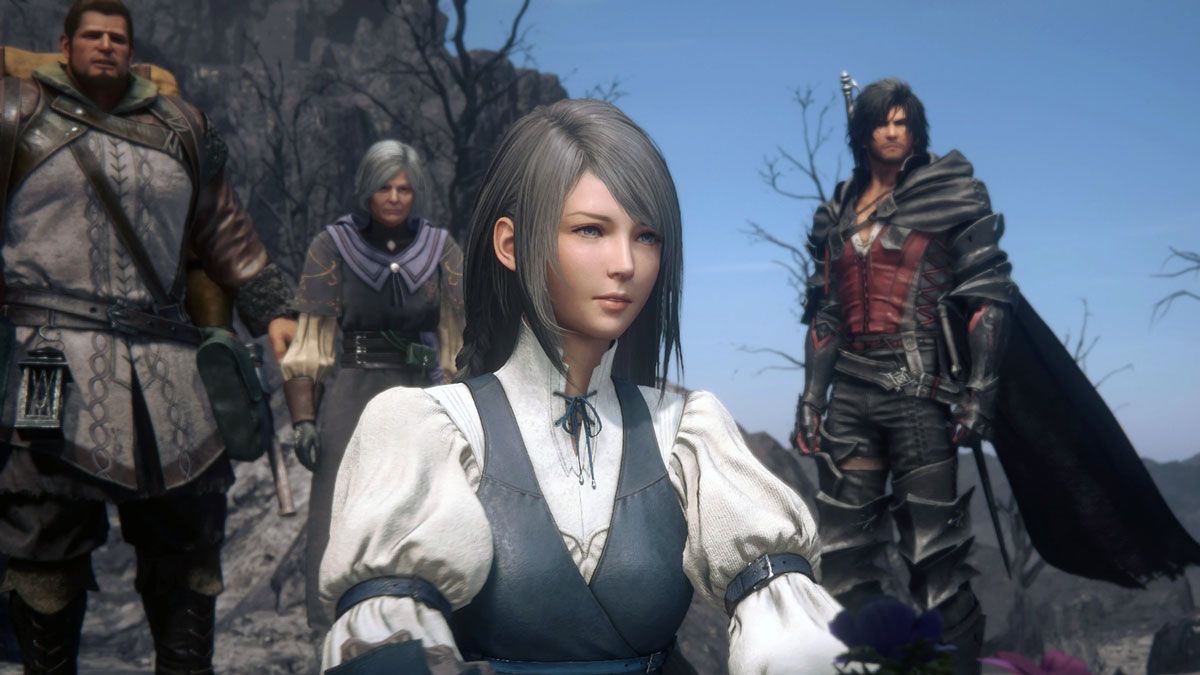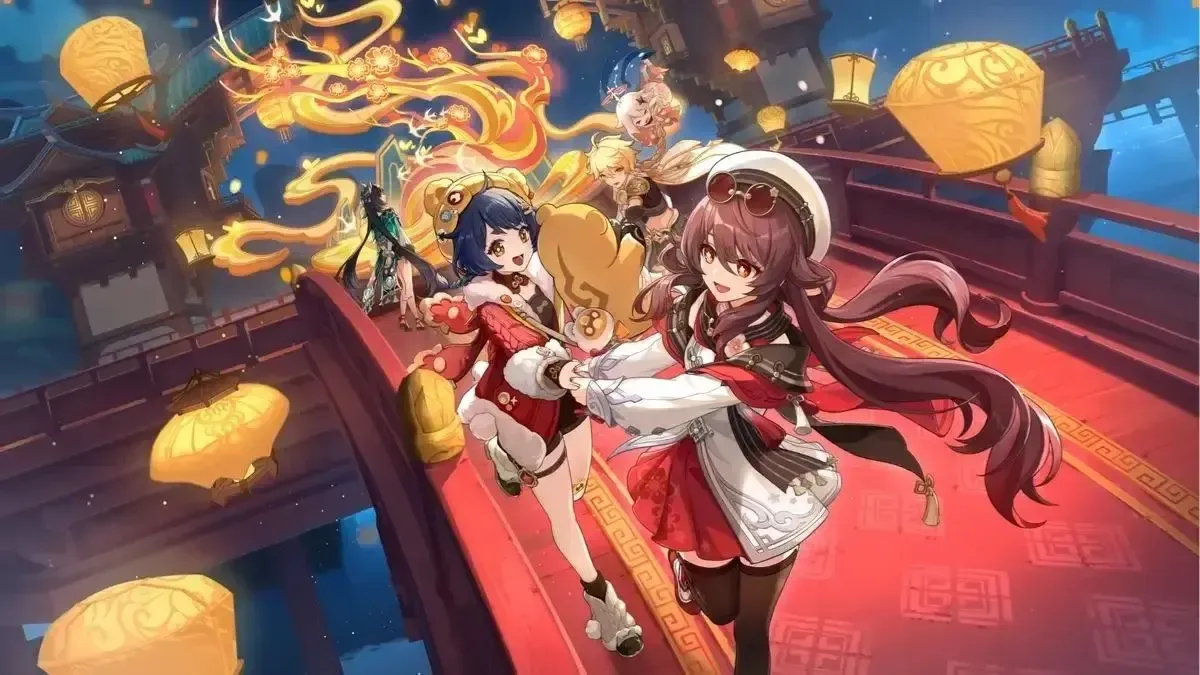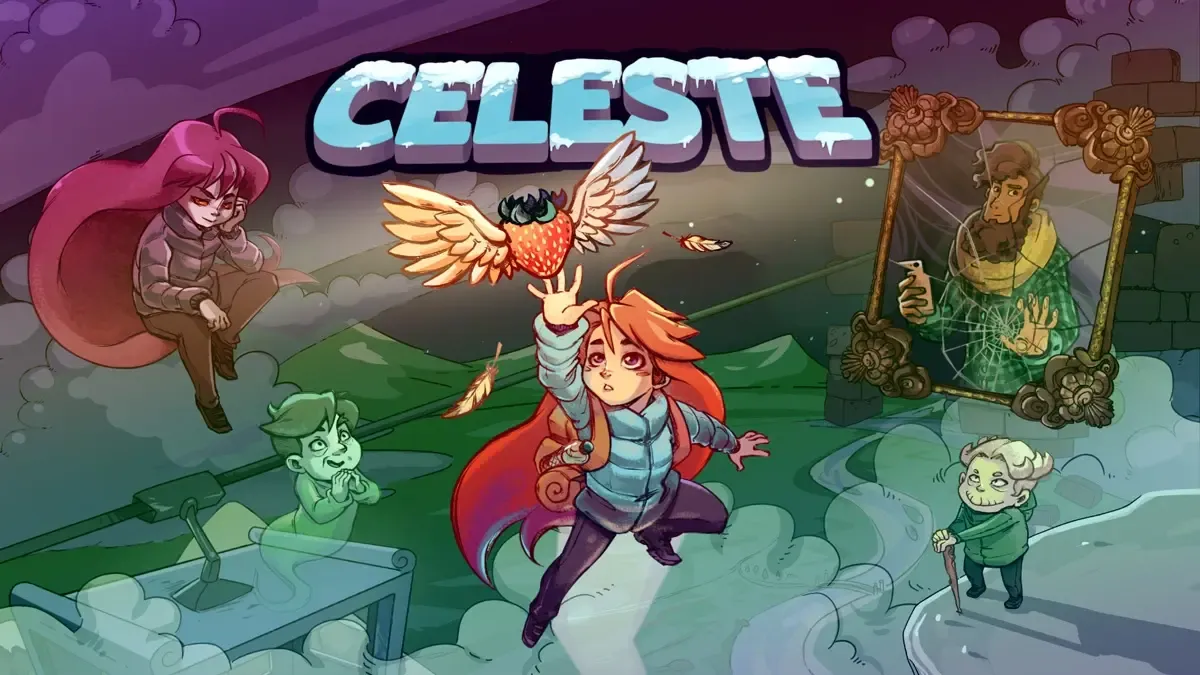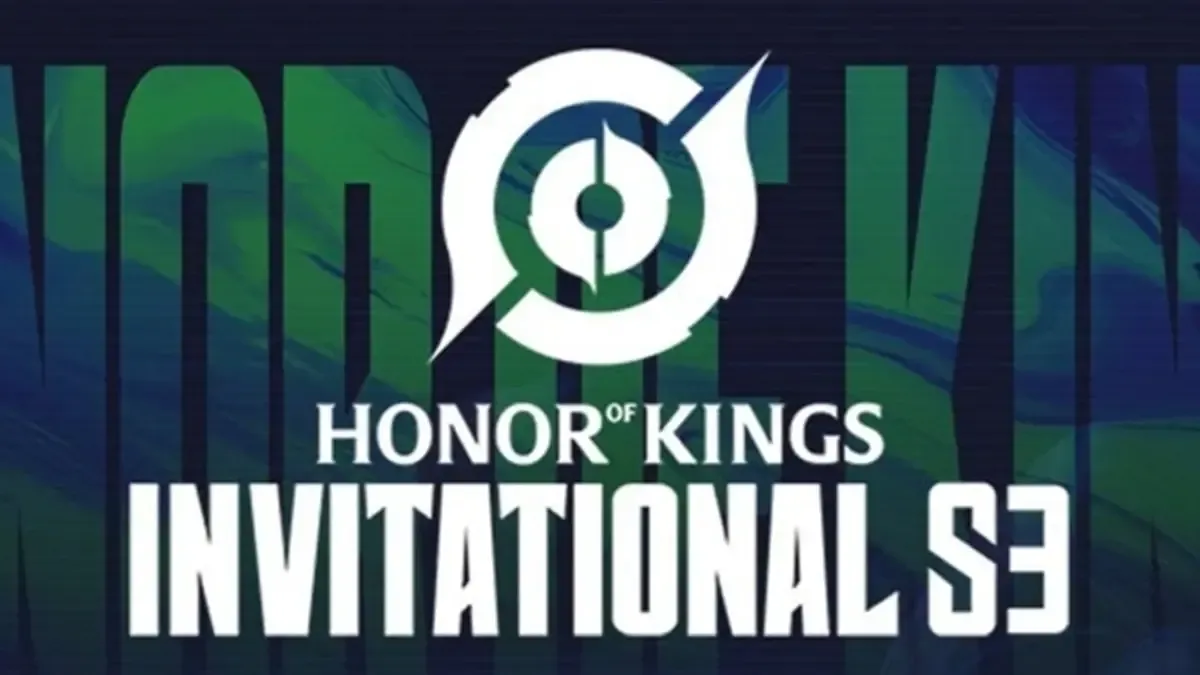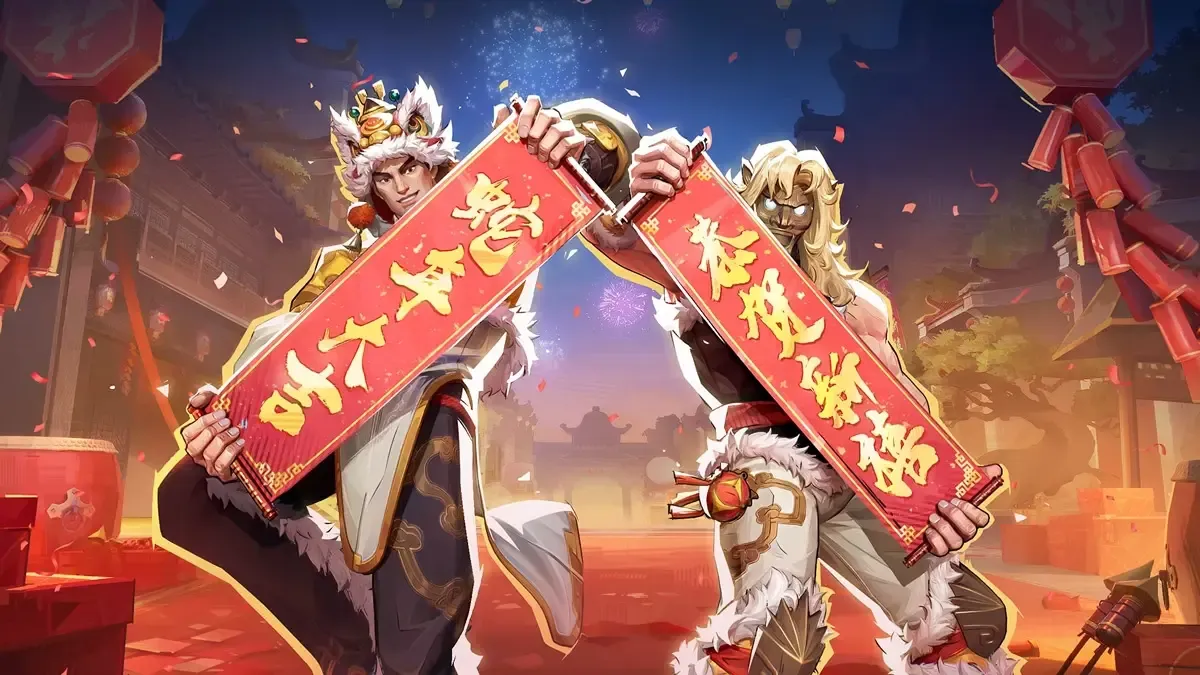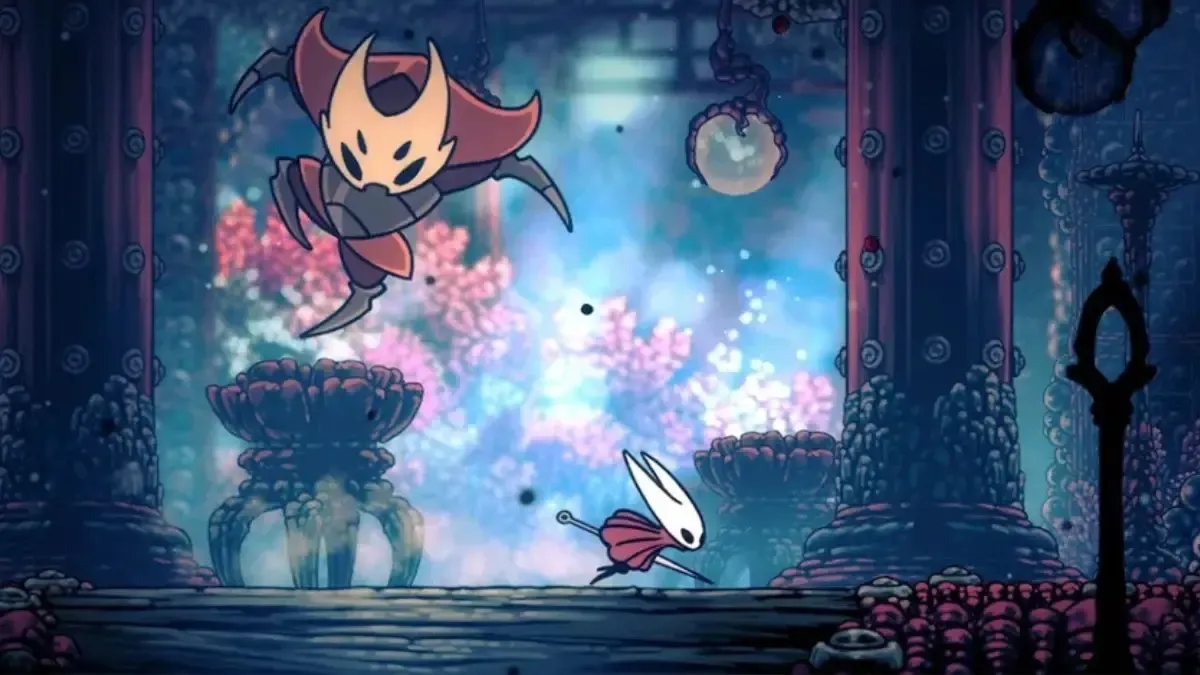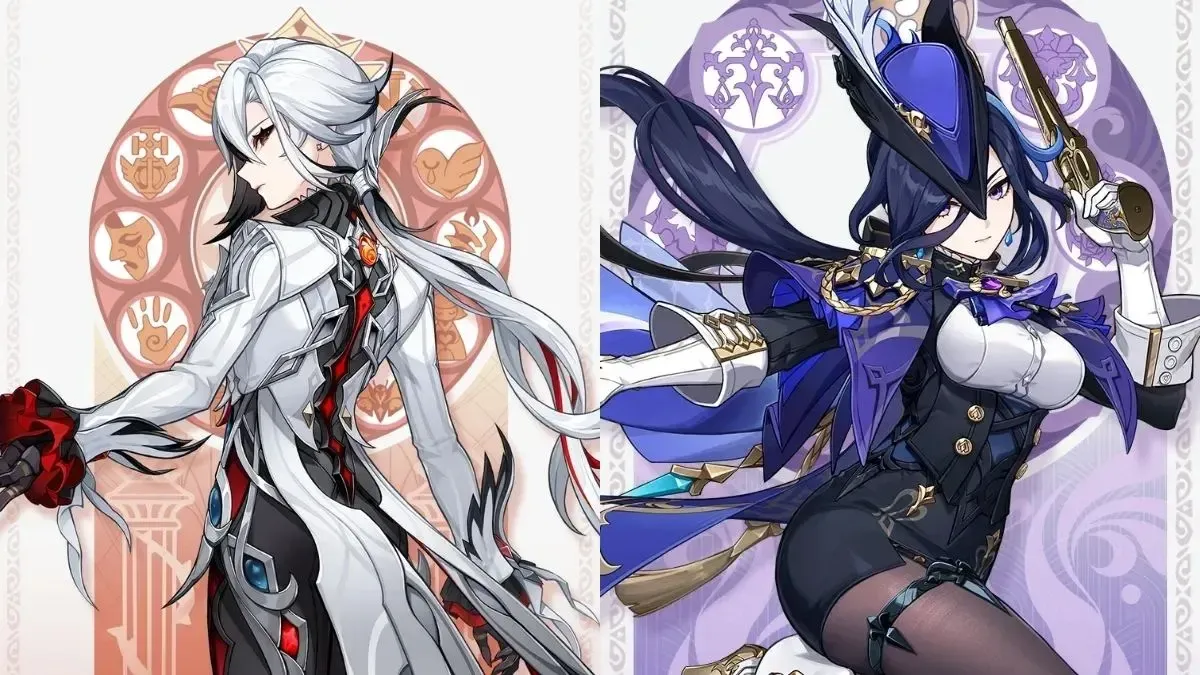Image: Square Enix
Final Fantasy 16 takes the franchise in a controversial, but ultimately better direction than its predecessors.
New Final Fantasy games always feel like a come-together moment for the games industry. The iconic franchise has rarely faltered in its ability to deliver compelling character work, breathtaking visuals and lush music in a timeless package. New installments are expected to be big-budget blockbusters that won't just stay with you for a very long time, but give you something no other game has to offer right now. That expectation holds the series aloft in a challenging industry, but it's also a curse for a franchise that can’t simply go bigger and better every time - it must also go differently.
Each Final Fantasy game must bring us new characters, an immersive world, a fresh plot and interesting game mechanics that we haven’t seen before. The last two mainline Final Fantasy games - 14 and 15 - underdelivered one way or another upon release and were treated like spectacular failures for it. With Final Fantasy 16, we see a franchise determined to change itself so fundamentally that it risks alienating its core fans - and it might have just paid off.
Where Final Fantasy 16 differs
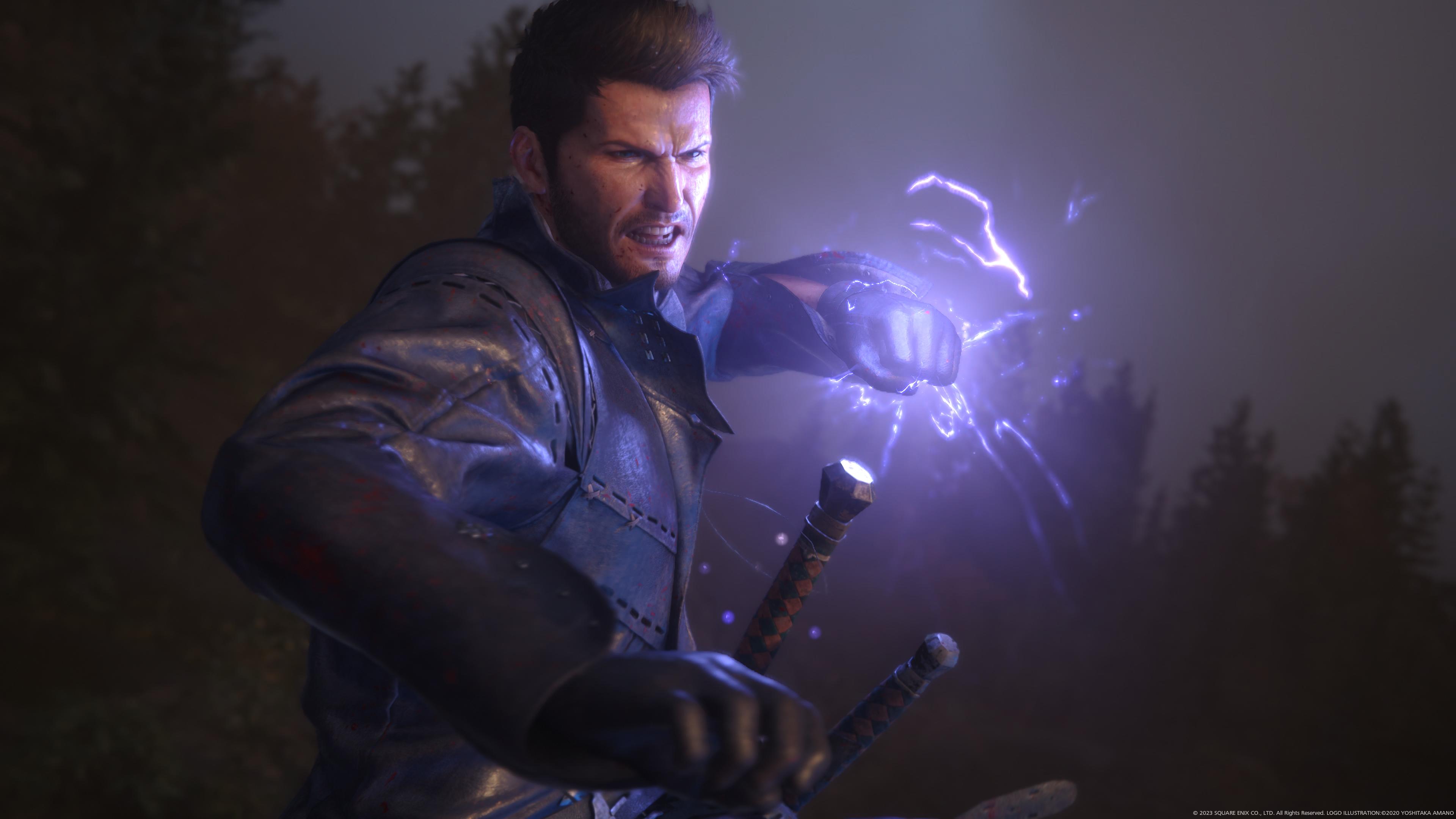
Final Fantasy’s mainline games have always incorporated some form of turn-based combat into its gameplay loop - though recent entries have gotten more creative with the format. In Final Fantasy 15, we got an optional ‘Wait Mode’ system that allowed players to make more strategic choices, but that was already a far cry from the turn-based system previous games employed. Final Fantasy 7 Remake’s hybrid turn-based system was a lot more fun to use, allowing players to cycle through menus and engage in real-time action in rapid succession. It really was the best of both worlds.
However, Final Fantasy loathes to repeat itself. With 16, the development team at Creative Business Unit III (still a ridiculously formal name for a game studio) enlisted the help of Devil May Cry 5’s combat director Ryota Suzuki, and it shows. This game’s combat feels like it’s been ripped out of a character-action game, with the success of a battle largely boiling down to how well players can string together different combos and abilities. God of War and Bayonetta players will feel right at home. Final Fantasy players? Less so.
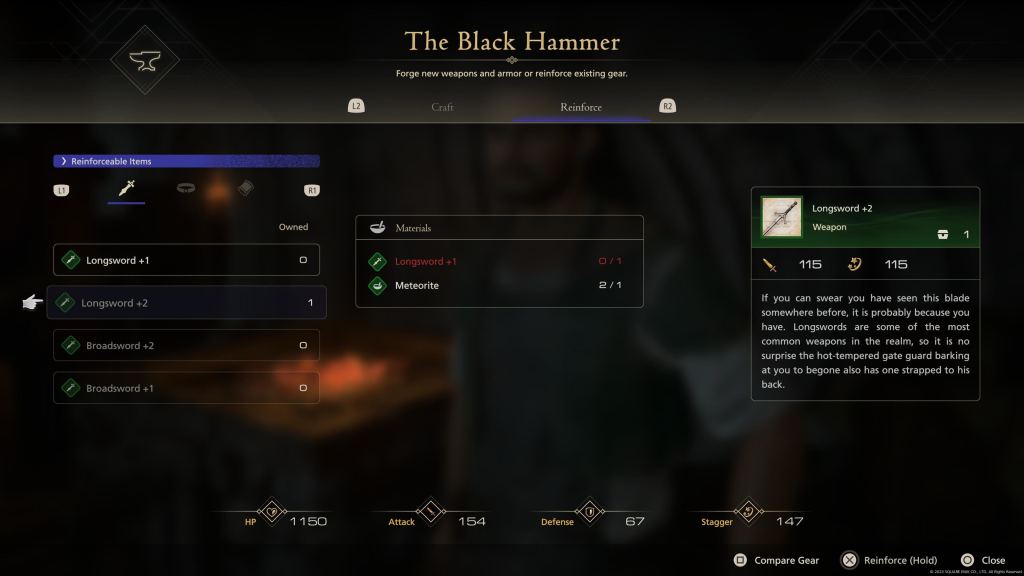
The game’s RPG mechanics also offer a stark contrast from its predecessors. Where Final Fantasy 15’s swathe of weapons were compartmentalised not just by attack stats, but by elemental resistance, MP levels, magic costs and more factors that decided not only the usefulness of a weapon, but its effectiveness against different enemy types. In 16, these mechanics are simplified to an upward curve of numbers. Different weapons become available to Clive throughout the game via blacksmiths and shopkeepers, and as long as they offer higher attack and defense numbers, you make the upgrade. There is no deeper level of consideration paid to swapping from one weapon to another beyond the cosmetic - no special perks or tradeoffs to consider - just follow the climbing numbers and that’s that. It's barely a choice at all.
Seeing as players don’t get to change Clive’s appearance, make choices that impact the story or control their party’s behaviour in combat (beyond Torgal the dog), the game only really feels like an RPG when you’re deciding on which three Accessories Clive gets to wear throughout the game. These Accessories present actual, meaty choices that directly impact gameplay and allow you to alter your playstyle - however insignificantly you go about it. Do you opt for higher character stats or reduce the cooldowns on specific abilities? Do you want to slow down time in combat or automatically charge up magic spells? It's not the deepest equipment system, but there is potential here that the game refuses to build off of.
Where Final Fantasy 16 stays the same
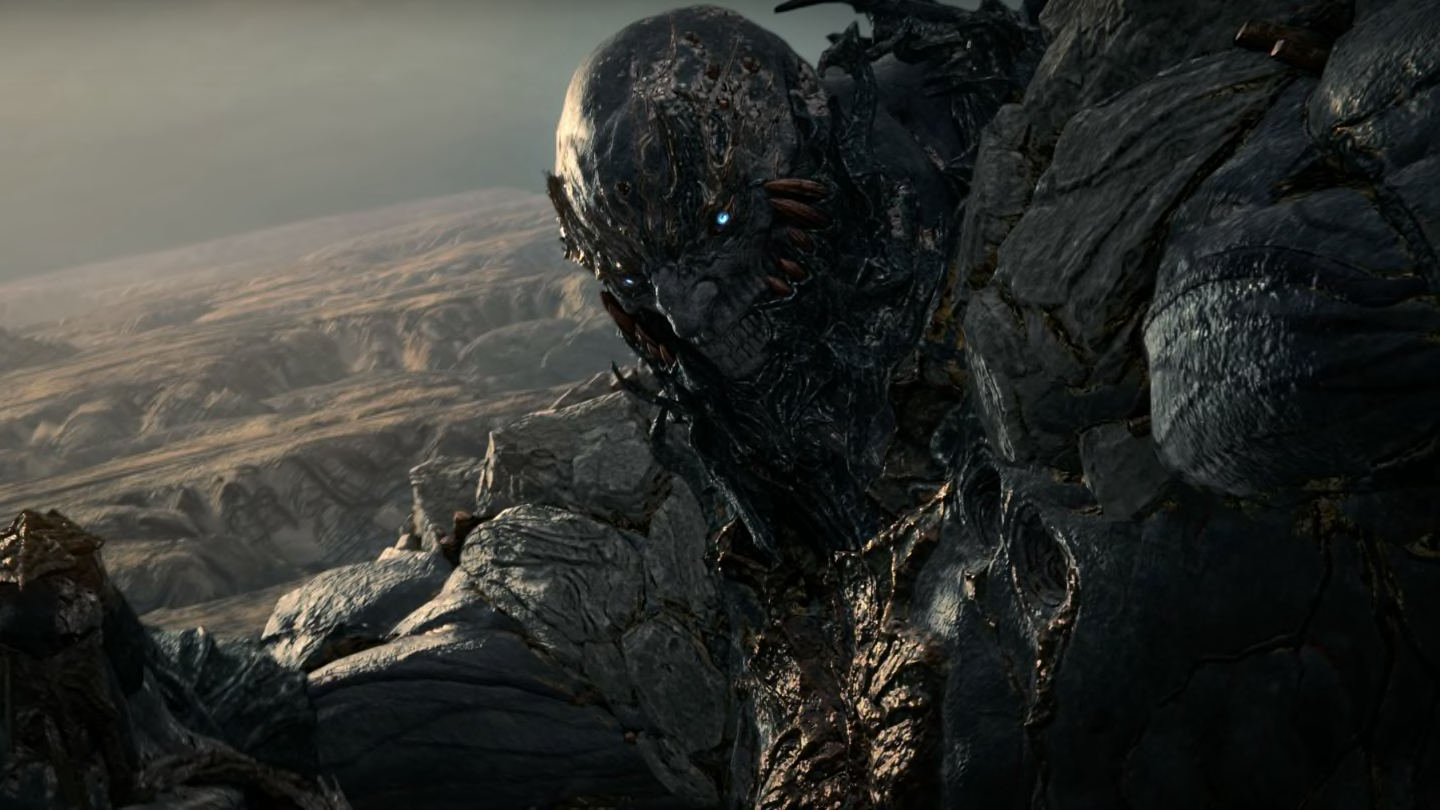
Despite what the ongoing controversies and alienated fans might have you believe, this game is as Final Fantasy as Final Fantasy gets. The gameplay formula might have changed and the story might take itself more seriously, but events rapidly spiral into the kind of unhinged madness that only fans of the franchise can handwave away as par for the course. While there is clear inspiration taken from modern fantasy dramas like Game of Thrones, the game only takes so much time fleshing out its world to gleefully tear it to pieces later on.
There are elements here that do feel foreign to the franchise. For the first time, Final Fantasy 16 presents a story so deeply rooted in its protagonist - Clive Rosfield - that his friends and family are often lessened to accessories, swapped about in the telling of his tale. Party members are not playable and rarely interject with banter or observations in moments of gameplay, which admittedly feels like a missed opportunity to make their shared bonds more clear. Instead, we see Clive form relationships with the people around him (save a few time skips) via long cutscenes and endless dialogue screens.

Clive clearly has feelings for his oldest friend Jill Warrick, and those feelings are mutual, but they are not acted upon for years at a time - not because of a childish sense of awkwardness, but because the two simply have more pressing things to do. Clive and Jill are two of the oldest protagonists we’ve seen pine for one another in this franchise, and the game doesn’t shy away from that. They don’t hide their feelings or avoid healthy communication. A kiss is usually the end result of most romantic relationships for leads in this franchise, but in Final Fantasy 16, it’s the smallest step in Clive and Jill’s shared path to emotional closure.
The game spends a lot of time building up Valisthea and making it feel as lived-in a place as possible - to the point that entire cutscenes involving maps and trade routes flow like a five-minute history class on YouTube. I remember each nation Clive visited vividly based on the ruling party leading it, the Mothercrystal fragment powering it and the politics swirling around it thanks to how utterly immersive this setting proved to be. That’s due to how seriously this game takes Clive and the world he lives in, and the way its dependence on the Mothercrystals hurt its people. So many Final Fantasy games depict crystals as a necessary force of light and magic. In this one, crystals are viewed as towering symbols of oppression that must be destroyed.
The results of these efforts are the same of many of the game's predecessors: strong characters living in memorable worlds. In that way, 16 is no different than the games before it.
Why break tradition?

The madness of Final Fantasy is still here, and it coexists with an epic mediaeval fantasy enough so that it could make HBO quiver with envy. Yes, political drama and intrigue fuel the first two acts - but so do Brobdingnagian kaiju battles, mountainous crystals that grant magical powers, very angry dragons and sidequests involving the delivery of hot stew. There’s enough silliness here to fit a clown car, and it rarely feels watered down in favour of the more grounded tone of Clive’s journey through Storm and Ash.
16’s ‘different, but same’ approach to series traditions extends to its gameplay. All the core tenets of a Final Fantasy game are here: flashy combat that mixes magic, weapons and summons, potions that grant buffs and optional sidequests that take you off the beaten path. Only with this game’s reliance on the story unfolding at a linear pace, players are granted much less freedom than usual. Your options when it comes to weapons, builds and party members are thoroughly limited. This is still some of the most fun we’ve had in an action game recently, but its RPG mechanics are sadly lacking. Its sidequests, even if they present you with a choice to make, always end the same way and so does its story.
There are few roleplaying opportunities buried within this RPG, but it feels more like a character-action game anyway. Perhaps that’s for the best. The appeal of turn-based combat now fills a niche where it once flooded mainstream gaming, and players gravitate towards strong characters and epic production values even in multiplayer games. Final Fantasy 16 is purpose-built to draw in audiences old and new, and by happy coincidence, continues the series tradition of breaking series traditions. Each Final Fantasy stands apart and feels like it could be built upon for the future, but the magic of each installment lies in the fact that this could be it. This is one massive, epic, but ultimately standalone game that can be skipped or experienced in isolation with zero consequences.
By sacrificing RPG elements for a grounded, linear story that prioritises its single protagonist above all, Square Enix brought one of the deepest and most immersive worlds to life that this franchise has ever seen. 16’s approach gives it a well-rounded, if controversial identity among its beloved peers - a contentious family of games to mature in if I’ve ever seen one.
Conclusion
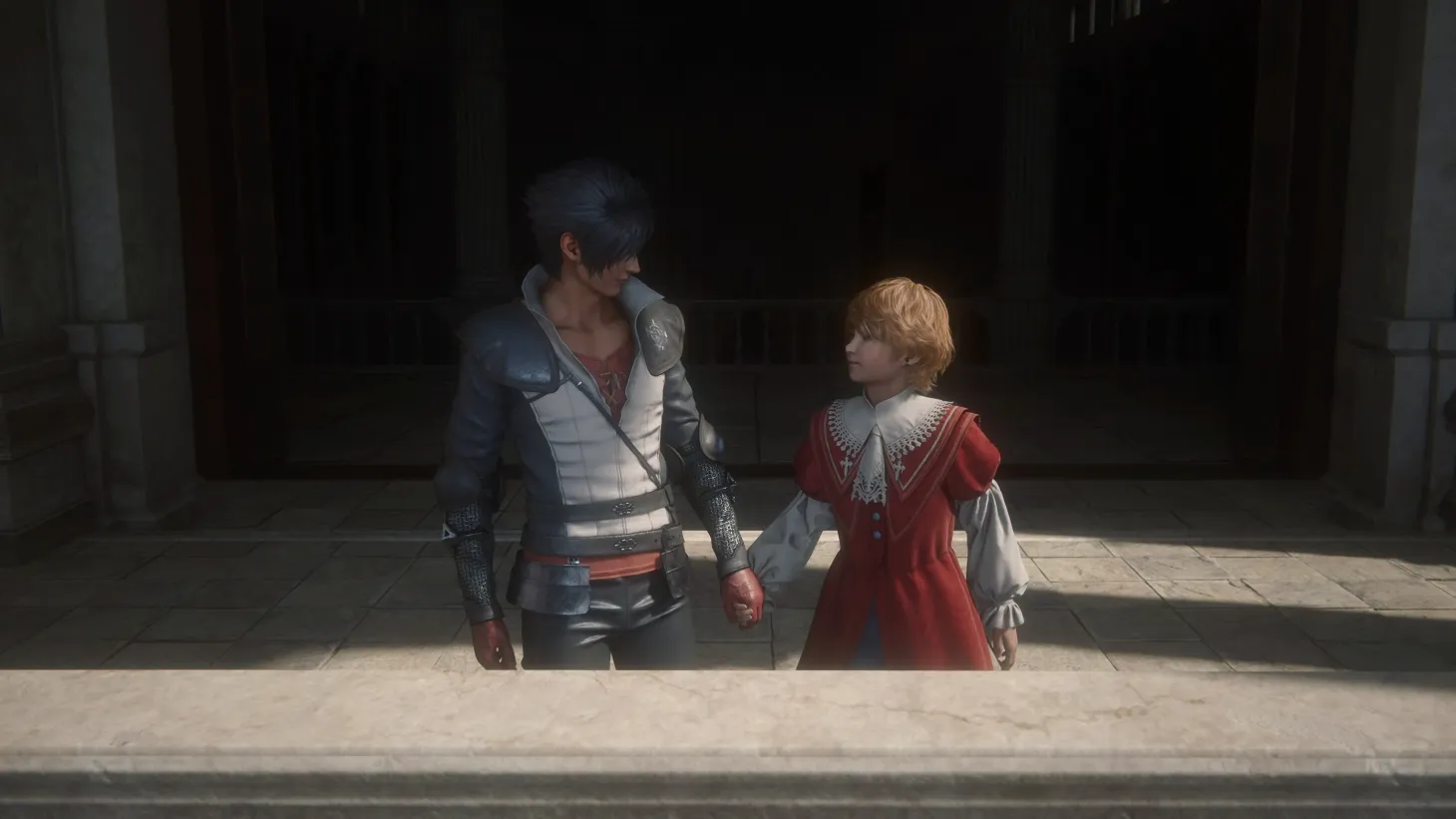
Final Fantasy 16 is less of an RPG and more of a story-focused action game, and that’s a good thing. Each Final Fantasy game was made in a different time with different priorities. The story of Final Fantasy 7 is so large in scope that it takes three whole games to retell today, but back in 1997 it seemed to offer the complete package: a memorable ensemble, an epic tale and consequential RPG elements to boot. Final Fantasy 16 took eight years to make (from conception, that is) and although it might forsake weapon stats and meaningful decisions, it revolutionises the franchise in other ways.
It will be difficult to go back to the grunting teenagers of Final Fantasy 7: Rebirth after 16 gave us intelligent, mature adults - some of whom had no powers beyond spycraft to help out their allies. It will be hard to immerse myself in a world that doesn’t feel as elaborately thought out as 16 with its centuries of history, or return to a combat system that doesn’t feel as fast-paced and ever-evolving as this. It will be hard to justify a Final Fantasy game lacking the queer representation this has, which feels so organic and sincere for its ensemble.
16 brought its own magic to the table, and Final Fantasy will hopefully never be the same again.

